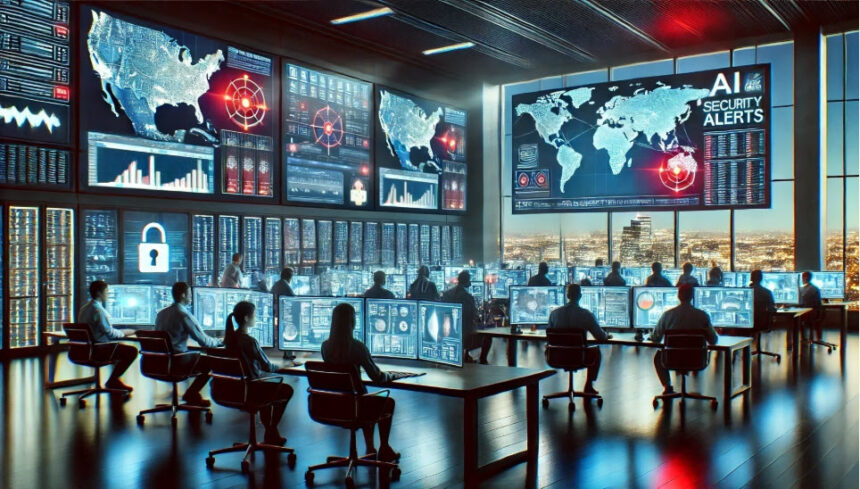Overall, CrowdStrike’s Charlotte AI Detection Triage is a game-changer for SOC teams, providing greater scale and speed in threat detection and response. By automating triage processes, reducing manual workloads, and integrating with Falcon Fusion for automated response, SOC teams can operate more efficiently and respond to critical incidents faster. The platform’s continuous learning capabilities from real-world SOC data ensure accuracy even as adversaries evolve their tactics.
Furthermore, CrowdStrike’s multi-AI architecture, known as “deploying the droids,” leverages specialized AI agents to handle specific tasks, improving accuracy and reducing the burden on analysts. By dynamically selecting the best series of AI agents for each task, Charlotte AI enhances threat detection and response, streamlining SOC workflows without sacrificing control.
With the introduction of Charlotte AI Detection Triage, CrowdStrike is empowering SOC teams to stay ahead of evolving threats and adversaries, providing them with the tools and capabilities needed to defend against cyber attacks in real-time. As the cybersecurity landscape continues to evolve, technologies like Charlotte AI will play a crucial role in enhancing the efficiency and effectiveness of SOC operations.
For more information on CrowdStrike’s Charlotte AI Detection Triage and how it can benefit your SOC team, visit their website and sign up for their newsletters to stay updated on the latest advancements in AI-driven cybersecurity solutions.
Join our daily and weekly newsletters for the latest updates and exclusive content on industry-leading AI coverage. Learn More
Agentic AI is the backbone of SOC security, with each agent assigned a specific role to enhance the efficiency and accuracy of responses for SOC teams. CrowdStrike’s recent State of AI in Cybersecurity Survey sheds light on the critical drivers of AI adoption in SOCs, revealing key insights that shape the future of AI in cybersecurity.
The survey indicates a shift towards platform-first AI adoption, with 80% of respondents preferring gen AI integrated into a cybersecurity platform rather than standalone tools. Moreover, 76% of cybersecurity professionals believe that gen AI must be purpose-built for security, emphasizing the need for deep security expertise in AI development. The fear of breaches and vulnerabilities drives the demand for AI-driven security automation, with 74% of respondents experiencing breaches in the past year.
When it comes to AI adoption, CISOs prioritize measurable outcomes such as improved detection and response speed over cost considerations. Additionally, security and governance are crucial factors influencing AI adoption, with organizations emphasizing the importance of clear safety, privacy, and governance structures.
As security leaders navigate the complexities of AI adoption, CrowdStrike guides responsible AI adoption through the concept of “bounded autonomy.” This approach gives customers control over the level of authority AI has in triage and response, allowing organizations to tailor AI integration based on their risk tolerance and skepticism levels.
By incorporating “bounded autonomy” within Charlotte AI Detection Triage, CrowdStrike enables security teams to harness the speed and efficiency of AI-driven triage while maintaining the necessary guardrails for responsible adoption. This adaptive approach ensures that AI systems continuously learn from real-world SOC data, adapting to evolving threats and reducing alert fatigue.
In conclusion, agentic AI is revolutionizing SOC security by providing specialized roles for each agent, ensuring accurate and efficient responses for SOC teams. With the guidance of CrowdStrike and the implementation of “bounded autonomy,” organizations can navigate the complexities of AI adoption while maximizing the benefits of AI-driven security automation.








